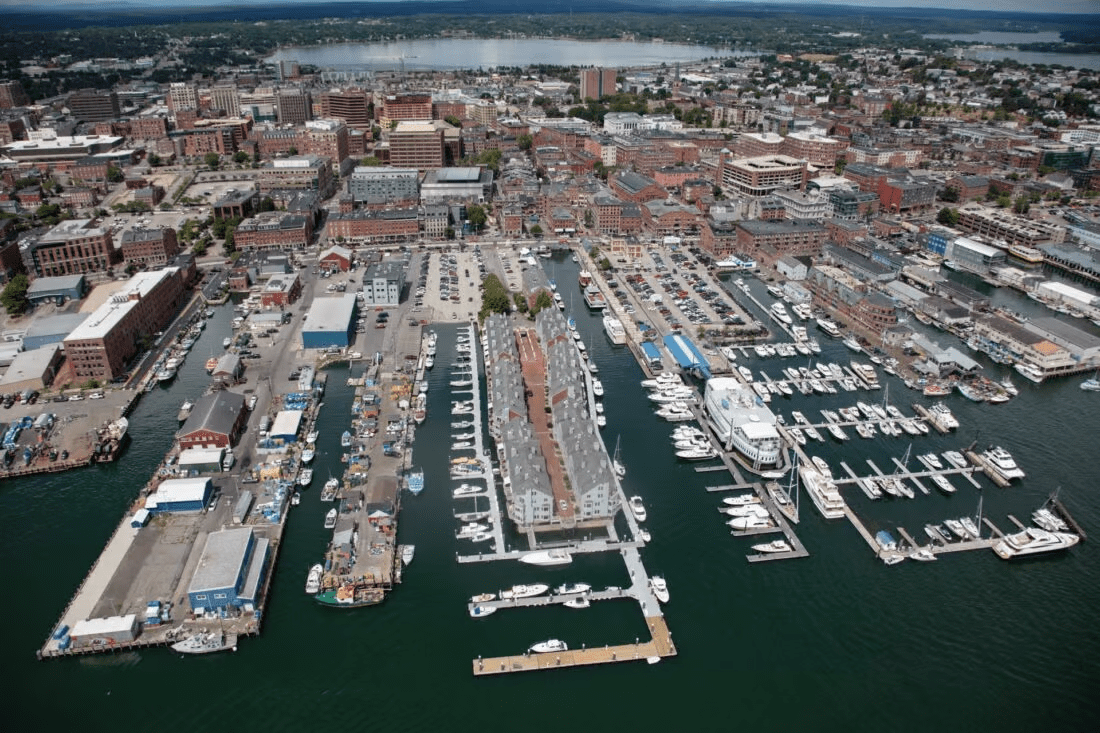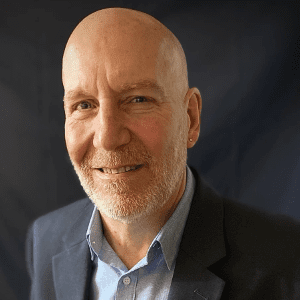In what’s demographically the nation’s oldest state, Mainers experience the aging of America up close and personal. They’re also more aware than most of the devastating consequences of climate change, as the warming Gulf of Maine threatens the lucrative lobster industry and monster storms like Lee lash the coastline.
Now two disparate forces — exceptional human longevity and an unprecedented climate crisis — are converging, confronting us with an inconvenient truth not even Al Gore could have imagined:
In a cruel twist of fate, we’re going to live longer than ever, just as the full force and fury of global warming take an imperiled Earth by storm.
Just a decade from now, in 2034, older Americans will outnumber children for the first time. Propelled by tens of millions of aging baby boomers and continuing medical advances against heart attack, stroke, cancer and Alzheimer’s disease, the global population of centenarians will increase eightfold by 2050 to 3.7 million, roughly equivalent to everyone now living in Connecticut or Los Angeles.
That same year, Stanford’s Center on Longevity projects that all U.S. newborns will have a life expectancy of a century; already it says half of all 5-year-olds alive today will live to 100.
Daring to imagine a 100-year life, our thoughts naturally go to the halcyon upsides: extra decades spent creating and contributing, or simply enjoying bonus time spent with those we love the most. What we don’t always consider are the darker downsides of living a century on a planet already ravaged by extreme weather, and threatened by hunger, thirst, economic insecurity and political instability.
Mainers are understandably enthralled by Virginia Oliver, the 103-year-old Rockland lobsterwoman who’s captured our hearts and imaginations. Far less appealing: fresh predictions that Maine will see more frequent and dangerous hurricanes.
A recent University of New Brunswick study suggests people living next to water have an extra longevity advantage. Those residing within 250 yards of a river, lake or ocean are 17 percent less likely to die of several common causes of death, particularly stroke and respiratory illnesses, lead researcher Dan Crouse concludes.
His theory: Merely gazing at the water and hearing the soothing cadence of the waves lapping at the shoreline has a calming effect that eases life-wrecking stress.
But Crouse doesn’t address the obvious question: What’s the point of investing in expensive waterfront property if rising sea levels menace the homes of Mainers perched perilously near the coastline?
Another consequence of living to 100 in a warming world is figuring out where to find the cash to pay a century’s worth of bills.
Working an additional decade or two might be an option for healthy elders in white-collar jobs performed in air-conditioned homes or offices, but not for those in agriculture, construction or landscaping.
Advanced age aside, how will a 75-year-old fare when framing a building in 110-degree heat? It was no sweat, comparatively speaking, when that worker was 25 and temperatures didn’t get much hotter than 90.
All this underscores the troubling racial, ethnic and economic inequity of extreme longevity. White Americans on average live nearly six years longer than Black people, and 8 in 10 centenarians in this country are white. Rich people, too, get more time, and they’re also the ones most able to flee to safer and cooler climes. That could change the makeup of Maine’s population as climate refugees flee to the state.
How ironic that in the history of our species’ evolution, more of us than ever are going to reach 100 at arguably the worst possible time. We owe it to ourselves, and especially to those future centenarian 5-year-olds, to do our utmost now to reverse or at least slow the effects of our most existential threat.
That’s doubly true of the boomers powering the coming surge of 100-year-olds, says prominent environmentalist Bill McKibben, who founded Th!rd Act to mobilize older Americans to agitate for climate action.
“The world we’re leaving behind at the moment is on track to be shabbier than the one we inherited,” the 62-year-old Vermonter says. “We may be the first generation for which that’s true. That’s not the legacy you want.”
Success offers us all an immediate longevity payoff. Failure, as the saying goes, is not an option. As the Earth warms, our future is at best a paradox — long in the short term; short in the long term.
Having overcome so much, positioning ourselves to join the giant sequoia, Galapagos tortoise and bowhead whale in the pantheon of Earth’s oldest organisms, are we really going to blow it by ignoring the groans of a planet in peril?







